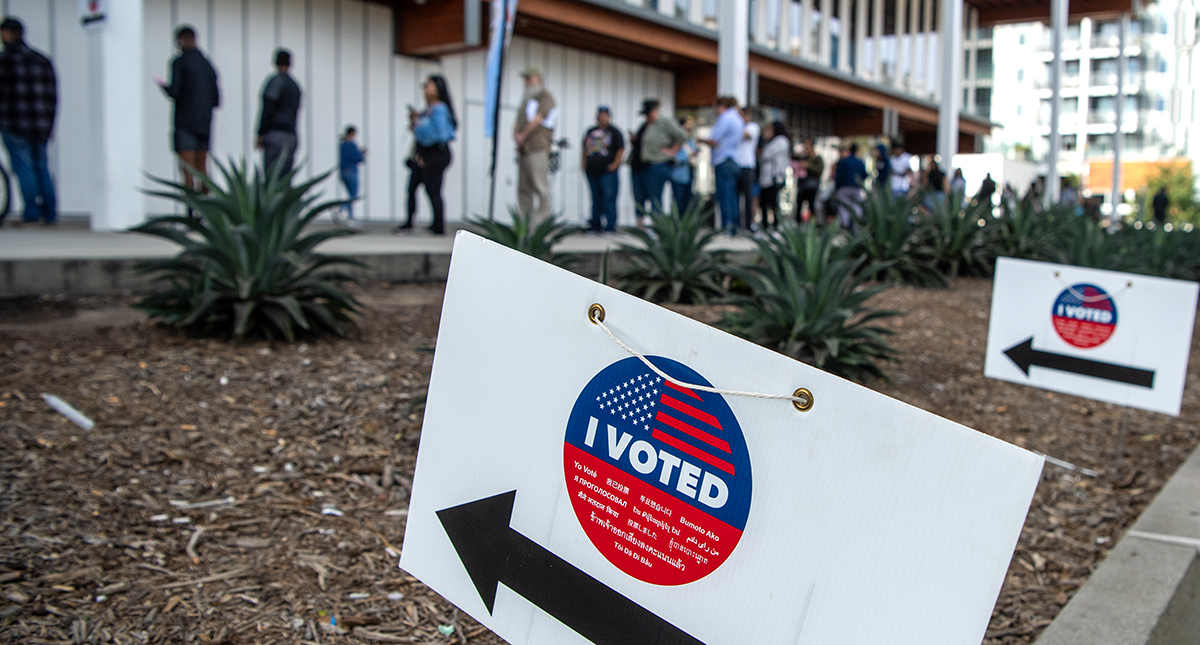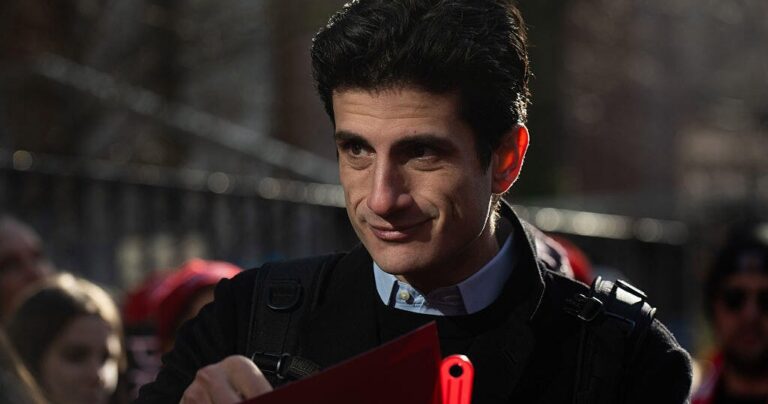
A state judge has ruled that Long Beach cannot raise its local sales tax two years earlier than the date specified in a ballot measure approved by voters, stating it is unconstitutional to assume their intentions.
The ruling came after two separate lawsuits were heard in Sacramento on Friday. Superior Court Judge Stephen Acquisto ruled in favor of the state’s tax department, which originally refused to apply the new tax rate in April, as well as the Long Beach Reform Coalition (LBRC), a local watchdog group that sued the city in February on similar grounds.
### Background
The rulings potentially end a yearlong debate among legal experts, state accountants, and civic watchdog groups. The dispute began after voters across Los Angeles County approved a different sales tax intended to fund homeless services.
For years, Long Beach shoppers paid a cumulative sales tax rate of 10.25%, which was formerly the state’s cap. Part of that money went to Los Angeles County under a temporary countywide sales tax called Measure H, which charged 0.25% to fund homeless services.
In 2020, voters extended a local tax called Long Beach Measure A, believing additional taxes were needed to improve infrastructure and bolster public safety. The extension included a stipulation: upon the scheduled ending of Measure H in October 2027, the city would raise its local sales tax by a quarter-cent, making it a 1% local sales tax. This ensured Long Beach’s tax rate remained at the highest possible level.
### Unexpected Changes and Timeline Confusion
However, that timeline was unexpectedly altered. In November, voters ended Measure H years early and replaced it with a higher 0.5% county sales tax. Simultaneously, state legislators exempted the new measure from California’s tax cap, meaning it would not count toward the cumulative 10.25% maximum.
City officials and attorneys quickly addressed the issue. In December, the Long Beach City Council, with unanimous consent from the city attorney, manager, and mayor, stated it was always the voters’ intention to raise Measure A’s tax as soon as possible, regardless of the original date. The council voted 6-0 to remove the October 2027 date from the city’s tax code, effectively raising the rate two years earlier than planned.
### Legal Challenge and State Response
In February, LBRC sued the city over this action. Meanwhile, in April, when the state began collecting the increased tax, the California Department of Tax and Fee Administration (CDTFA) refused to levy the new rate. The department argued that doing so would violate the state constitution, which requires voter approval for tax increases.
As a result, Long Beach shoppers and diners continued paying a 10.50% sales tax instead of the proposed 10.75%.
Long Beach then sued the state tax department on March 21, contending that their understanding reflected the will of the voters. They cited voter materials from the March 2020 sample ballot books to support their claim.
### Judge’s Decision
During the trial, the city argued that the rate change was linked to the sunset of the county measure and not fixed to a specific date. They claimed that the early termination of the county tax created legal uncertainty.
However, Judge Acquisto rejected this argument, stating, “The Court does not find this reading reasonable. The City assigns too much weight to the ‘sunset’ language. The City’s reading would require the Court to disregard the dates specified in the measure as to render them meaningless.”
The judge further explained, “Absent ambiguity, we presume that the voters intend the meaning apparent on the face of an initiative measure… and the court may not add to the statute or rewrite it to conform to an assumed intent that is not apparent in its language.”
Acquisto sided with the state’s straightforward interpretation: the tax rate cannot be charged until the date approved by voters.
### Impact and Future Outlook
This ruling ends any chance city officials had to collect millions of dollars from an earlier increase by two and a half years. City estimates suggest the lost revenue could total upwards of $60 million.
For now, Long Beach continues to have a combined sales tax rate of 10.50%, the same as 38 other cities in California.
https://lbpost.com/news/judge-stops-sales-tax-increase-long-beach





